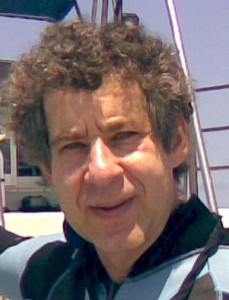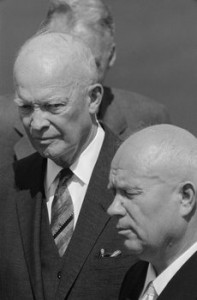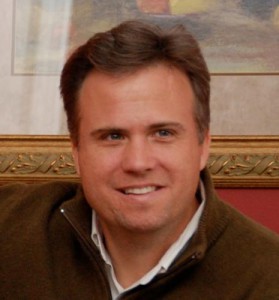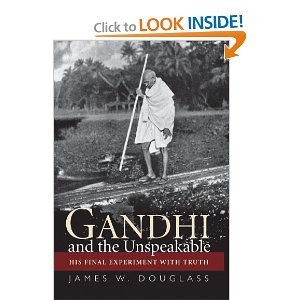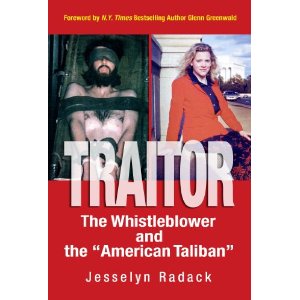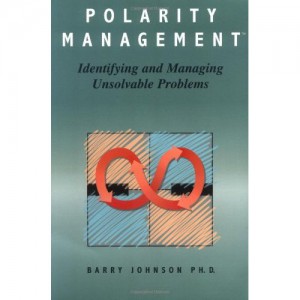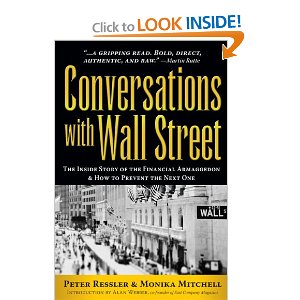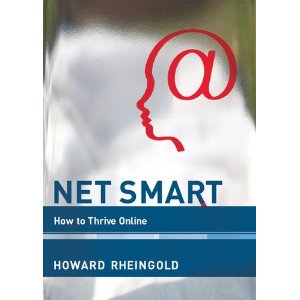
Howard Rheingold
5.0 out of 5 stars Author is THE Path-Finder for Assisted Thinking,May 13, 2012
I first discovered Howard Rheingold through his book Tools for Thought: The History and Future of Mind-Expanding Technology. This led to my inviting him and with him, John Perry Barlow, to a conference in 1992, where over 600 intelligence professionals got to realize how far behind they were in relation to the art of the possible. We have stayed in touch over the years, and among his many other books, I also recommend as a prequel to this one, Smart Mobs: The Next Social Revolution.
Howard writes–and I read him–at multiple levels. Below I offer a couple of additional recommended readings for each level, with the assertion that you need this book in order to help your child learn what is not so obvious about the world–we can start with Google being math hacks on digital garbage.
Strategic. At the strategic level Howard sees the convergence of many minds connected and empowered by the Internet and related applications to create infinite wealth. He himself cites Yochai Benkler's The Wealth of Networks: How Social Production Transforms Markets and Freedom to which I would add Alvin Toffler's superb wrap up Revolutionary Wealth: How it will be created and how it will change our lives.
Operational. At the operational level Howard is easily on of the top practitioners of “who you know is what you know” and I know of no one who better melds the tools from the tactical level and the vision from the strategic level to achieve the personal and communal efficacy embodied in a “smart community.” This book is a blend of how to make the most of who you know, what applications you use, and how you apply your own mind to include being super alert to the fact that 80% of the Internet is garbage. At this level I would point to two books, the first by David Weinberger, Too Big to Know: Rethinking Knowledge Now That the Facts Aren't the Facts, Experts Are Everywhere, and the Smartest Person in the Room Is the Room and the second by Tom Atlee, Empowering Public Wisdom: A Practical Vision of Citizen-Led Politics.

